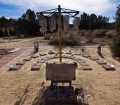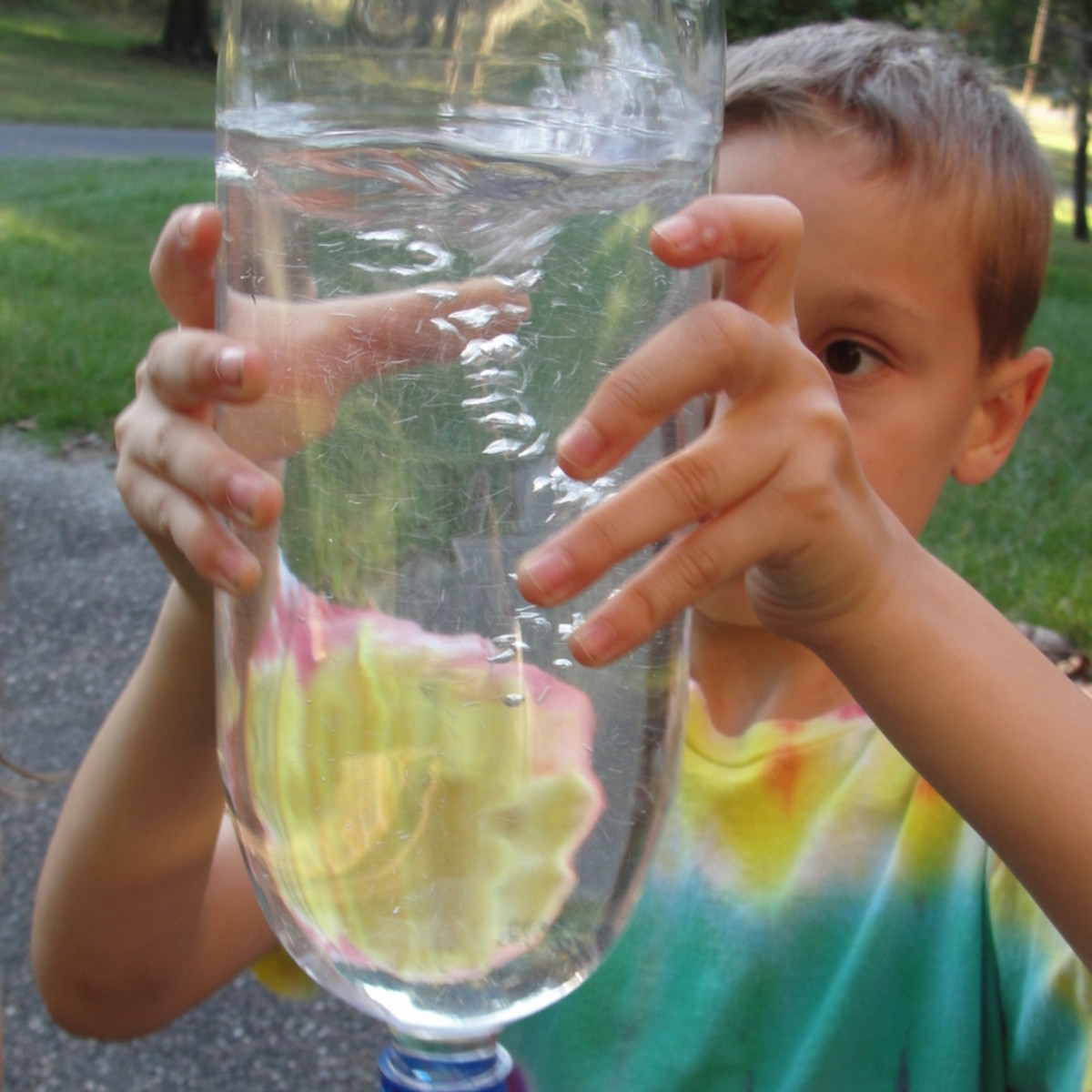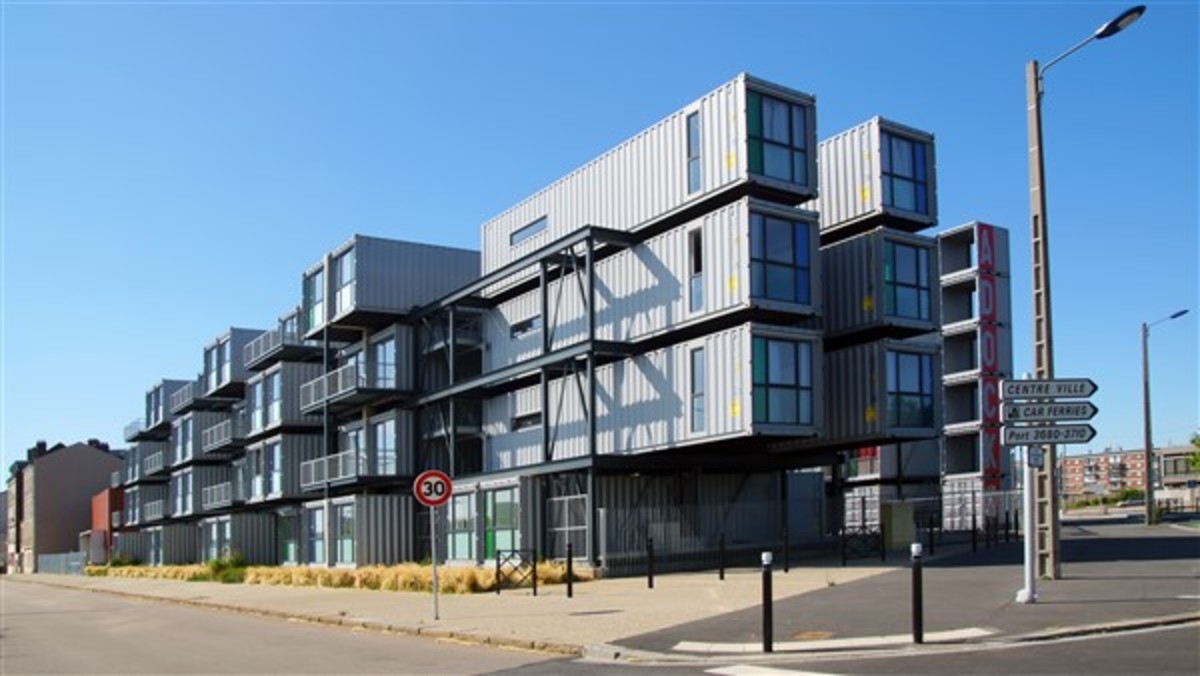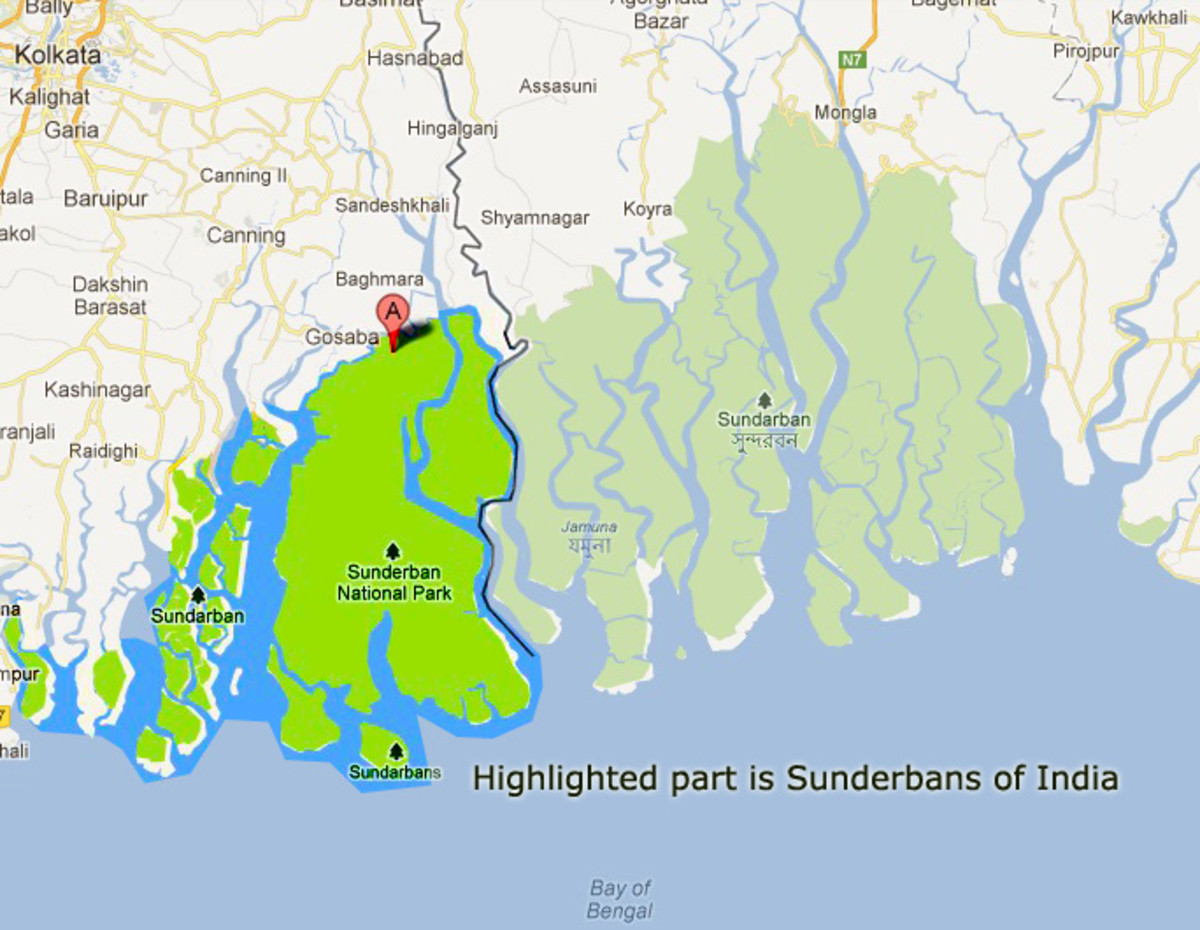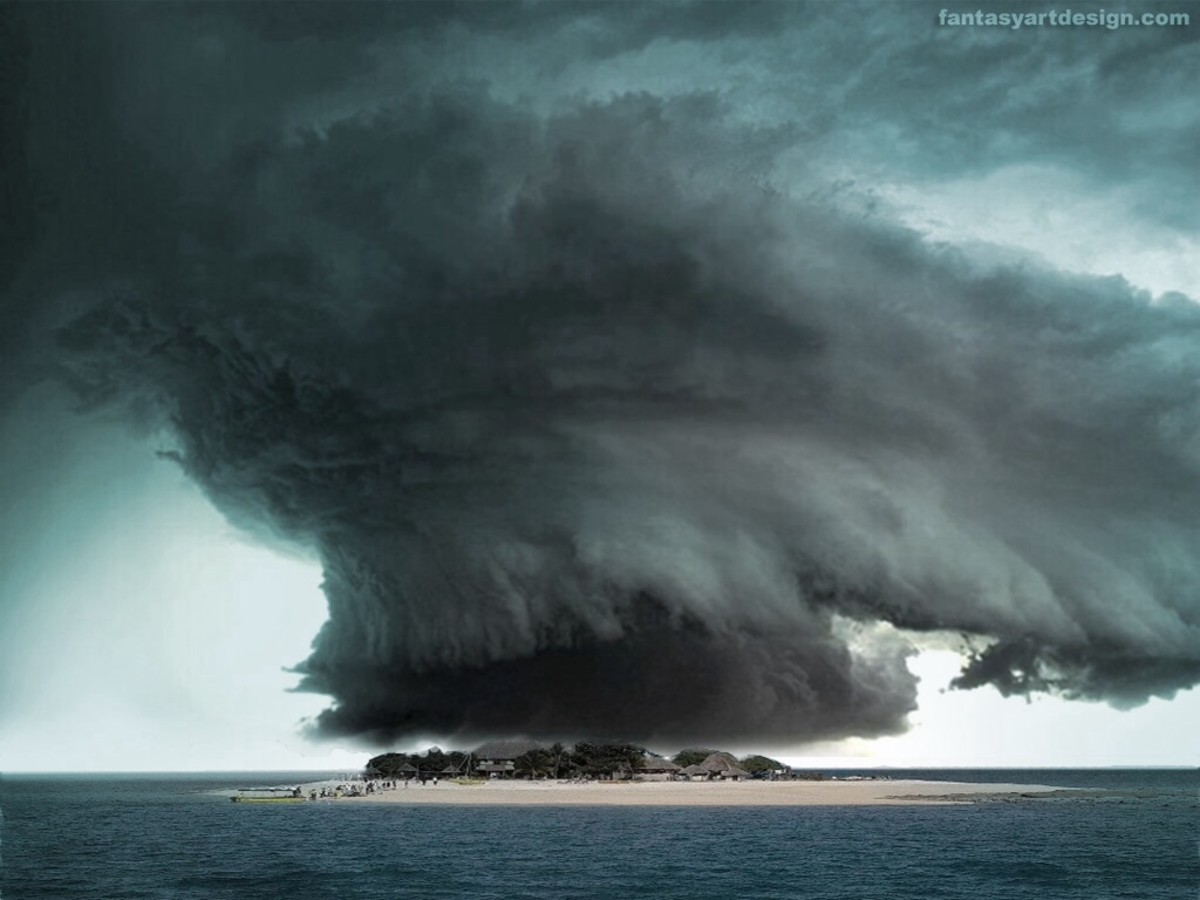Disaster Preparedness a Must - Hurricanes, Fires, Floods, Tornadoes and Earthquakes Do Happen!
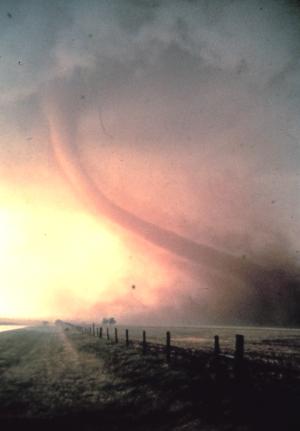
Don't Just Think About It, Do Something About Preparing for Natural Disaster
While many people think about disaster preparedness, they usually think a natural disaster will happen to someone else, so they never get past thinking about natural disaster preparedness. As recent storms like Hurricanes Harvey, Irma and Maria have shown us, being prepared for disasters is a must, not just something to think about.
Earth is a violent planet in nearly every part of the globe, in all seasons. It has destructive tornadoes in spring in the US, frightful hurricanes and cyclones in the summer and fall in the Pacific and the Atlantic, blizzards in winter and earthquakes and raging fires at any time in many countries. When people do take action, it is often because they are forced to and the storm is on top of them, and, unfortunately, by then it may be too little too late.
Television, with real time and minute by minute global reporting, shows us how quickly we could become part of a natural disaster.
Still, with all the attention disasters receive in the media, according to a survey by the 2009 Citizens Corps a sampling of 4,461 U.S. households, only 44% reported having an actual disaster plan in place and only 57% had supplies set aside in case of emergency.
Random acts of nature at any given time are good reasons for disaster preparedness plans to be in place long before they are needed. To help bring attention to the necessity and urgency, each year, the United States sets aside one week in the spring to highlight the need for everyone to make or review their personal emergency disaster plans in case of tornadoes. In September 2013, the United States set aside the entire month to alert the population of the need for disaster preparedness.
Practical Disaster Preparedness Tips
- Have a way for the family to gather if they are in separate places when disaster strikes. Have a designated meeting spot that everyone is aware of It may be that you will only be able to locate everyone virtually or there may be not way to contact others if all communication is down. Consider as many scenarios as possible when making your plans. The earthquake in Japan and the tsunami that followed demonstrated just how easily families can become separated for days before they are able to contact each other. Those days were agony for anyone who experienced that kind of disaster.
- Having a designated meeting spot during for is also important in case of a fire. That may prevent someone running back into a burning building to search for a loved one.
- Learn the emergency plans for your children's schools and the plans for the place of employment for both you and your spouse. Share these plans with other family members.
- Do you live in an area that is regularly prone to violent storms or tornadoes, and you have no storm cellar or basement? Consider putting in a safe room. Short of that, a windowless, interior room is the next best option. If you need to use that interior room, be sure to grab something to shield yourself and your loved ones, such as pillows, a mattress, if that can be managed, even heavy quilts and put on any kind of helmet you may have.
- When flooding and the threat of flash flooding is the emergency, get to higher ground as soon as humanly possible. You may not have time to grab much of anything in a flash flood, but with today's weather technology, it's possible to know when that threat exists and you can be ready to take action.
- To survive a disaster that cuts you off from the rest of the community, such as a snow or ice storm, the general advice is that your plan should include having on hand enough supplies, food and water to last at least three days. More is better as the recent hurricanes in Texas, Florida, Puerto Rico and the Virgin Islands have demonstrated to clearly. Enough water for you and the rest of your family should be calculated at a gallon of water per person, per day. When you have ample warning of the storm, fill prescriptions if you are running low. With the new storms we seem to be having now, always have at least a two week supply.
- Include your pet as you plan for food, water and sanitation. Hurricane Katrina resulted in the forced abandonment of many pets.
- Have lots of hand sanitizer in your kit if flooding may be an issue or you anticipate being cut off from fresh water as the people going through the aftermath of recent hurricanes. With hand sanitizer you will at least have a way to clean your hands and other parts of your body to help prevent infection or spread of disease.
- Consider purchasing a generator if the area you live in is prone to electrical outages during a storm. Immediately prior to snow events or hurricanes, sales of generators may go up.Be prepared, buy ahead of any predictions. If you are forced to use the generator, use precautions. In addition, remember that it takes gas to run them and if the electricity is out, so are the gas pumps! Fill up spare containers advance.
- Have insurance documents and other important papers accessible and stored in waterproof and fireproof containers. For extra precaution, store copies in your bank's safe deposit box. There may be a small charge for this (and sometimes, no charge) but for peace of mind, it is worth it to know that you will have access to your documents. For added security, scan them and store them in the cloud.
- Have your cell phones charged and your gas tank full. Put your cell phones in plastic bags to keep them dry. Your flashlights (or other portable light source) should be ready with lots of extra batteries. Consider investing in hand cranked or solar chargers. Also have emergency cash on hand. If the electricity is out, so are the ATMs.
- Consider purchasing or assembling your emergency kit that is appropriate for the types of disasters you area may be prone to. Have a weather radio or even a battery operated tv.
- Last, something you may not think about, have your car keys handy. Also have your credit cards and your identification such as driver's license and social security card in plastic bags and on your person.
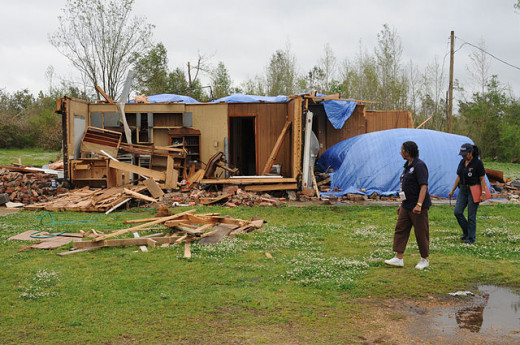
Although not stressed as much, it is advisable to include in your disaster preparedness plans a review of the steps you have taken to protect and save your family mementos, pictures and documents. Measures should be taken to protect those items that mean a lot to you are irreplaceable. This could include your writings as well as your photos, videos and small family heirlooms.
Just as I have, I'm sure you've seen interviews with disaster survivors. They effusively give thanks and gratitude for being alive, but they also lament the loss of those family mementos that can never be replaced and will be missed. The scenes repeat over and over, as victims pick through their belongings and sadly settle on those few ruined photo albums. Your heirlooms, whether they are pictures, jewelry or some other items, are a connection to your heritage and can be very important to the healing process after a disaster. They can help psychologically ground you in the face of so much chaos.
Thankfully, with today's technology, you can save the pictures or videos of the birth of your children, your family reunion including the speech your ninety year old grandmother made and any multitude of events that make up your life and you captured on film. Find out the best way to use the cloud to store your pictures and videos. Transfer copies to your computer and keep it handy.
If saving your writings is a concern, keep them safe in the cloud as well. If your computer is a laptop, keep it close, if you can, and when you have been given forewarning about and impending possible disaster.
Safety is paramount when weather events are predicted or even when disasters, such as fires, happen without warning. Having a disaster plan can mitigate some of the hardship and dangers that are inherent in disasters.
Hurricane Season 2017
This has been a tremendously devastating season for people in the path of Hurricane Harvey, Hurricane Irma and Hurricane Maria. It is difficult to assess the damage that has been done and what impact preparation may have had. Pictures that have come in from Puerto Rico, the island of Barbuda, Dominica, St Croix and others have shown unprecedented devastation. It is hoped that preparation helped individuals to mitigate their losses at least some. On the other hand, as with fires that develop suddenly, sometimes you can only get out with your life!
Resources for Disaster Preparedness
© 2014 Cynthia B Turner

